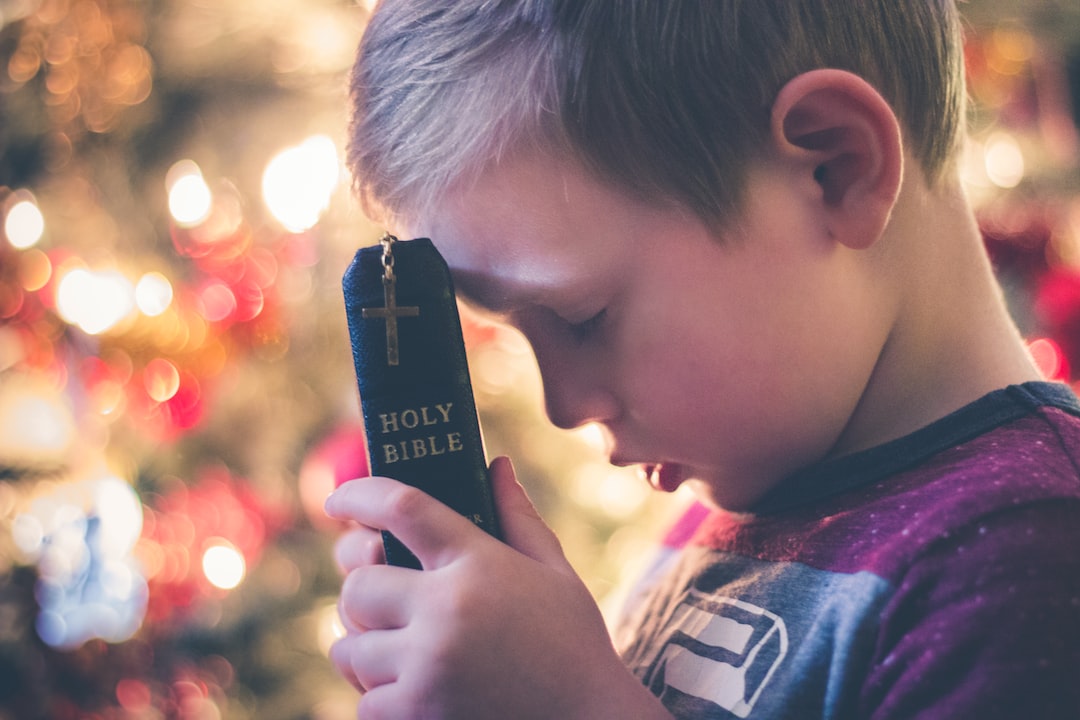The Role of Faith in Coping with Grief and Loss
Grief and loss are universal experiences that we all face at some point in our lives. Whether it’s the passing of a loved one, the breakup of a relationship, or the loss of a job, the pain and sadness that accompany these events can feel overwhelming. During these times, many individuals turn to their faith for solace and support. In this blog post, we will explore the role of faith in coping with grief and loss.
Faith provides a sense of comfort and hope in the midst of tragedy. When faced with a loss, it’s natural to question the meaning and purpose of life. Faith offers a framework for understanding and making sense of difficult circumstances. It reminds us that even in the darkest times, there is hope and a greater purpose behind our suffering. Believing in a higher power can provide strength and assurance that things will get better, even when it seems impossible.
Additionally, faith offers a sense of community and support. Religious communities often come together to mourn and support those who are grieving. The act of coming together, praying, and sharing stories can provide immense comfort and validation. Knowing that you are not alone in your pain can be a source of encouragement and empowerment. Surrounding yourself with people who share your faith can help to alleviate feelings of isolation and provide a sense of belonging.
Prayer and meditation are powerful tools for healing. Engaging in spiritual practices can bring a sense of peace and connectedness during times of grief. Many individuals find solace in praying for strength, patience, and understanding. The act of surrendering your pain to a higher power can be incredibly freeing. Similarly, meditation can help to calm the mind and provide a much-needed respite from the overwhelming emotions that often accompany grief. By focusing on the present moment and connecting with one’s inner self, individuals can find a sense of peace and clarity.
Faith can also offer a sense of forgiveness and acceptance. Grief often brings with it feelings of guilt, regret, and anger. These emotions can be incredibly burdensome and hinder the healing process. However, faith teaches us about the power of forgiveness and the importance of letting go. Believing in the presence of a higher power who forgives and accepts us unconditionally can bring immense relief and help in moving forward.
Moreover, faith encourages self-care and self-compassion. Grief can be physically and emotionally exhausting. It’s easy to neglect our own needs while focusing on the pain and loss we are experiencing. However, faith reminds us that we are deserving of love and care, even in the midst of grief. By practicing self-compassion and engaging in self-care activities, individuals can gradually heal and find strength.
While faith plays a significant role in coping with grief and loss, it’s important to acknowledge that everyone’s experience is unique. Not everyone turns to faith for support, and that is perfectly okay. Coping with loss is a deeply personal journey, and individuals should find what works best for them, whether it’s through religious practices, therapy, or other means of support.
Additionally, it’s important to note that faith alone cannot negate the pain of grief. It doesn’t mean that you shouldn’t allow yourself to feel anger, sadness, or any other difficult emotions. Grief is a natural and necessary process, and sometimes embracing the pain is a part of healing. Faith can provide comfort and support, but it doesn’t make the pain magically disappear.
In conclusion, faith can play a powerful role in coping with grief and loss. It offers comfort, hope, and a sense of purpose during times of tragedy. Engaging in spiritual practices, finding support within a religious community, and embracing forgiveness and self-compassion are just a few ways in which faith can assist in the healing process. However, it’s essential to remember that grief is a unique journey, and individuals should find what works best for them.

